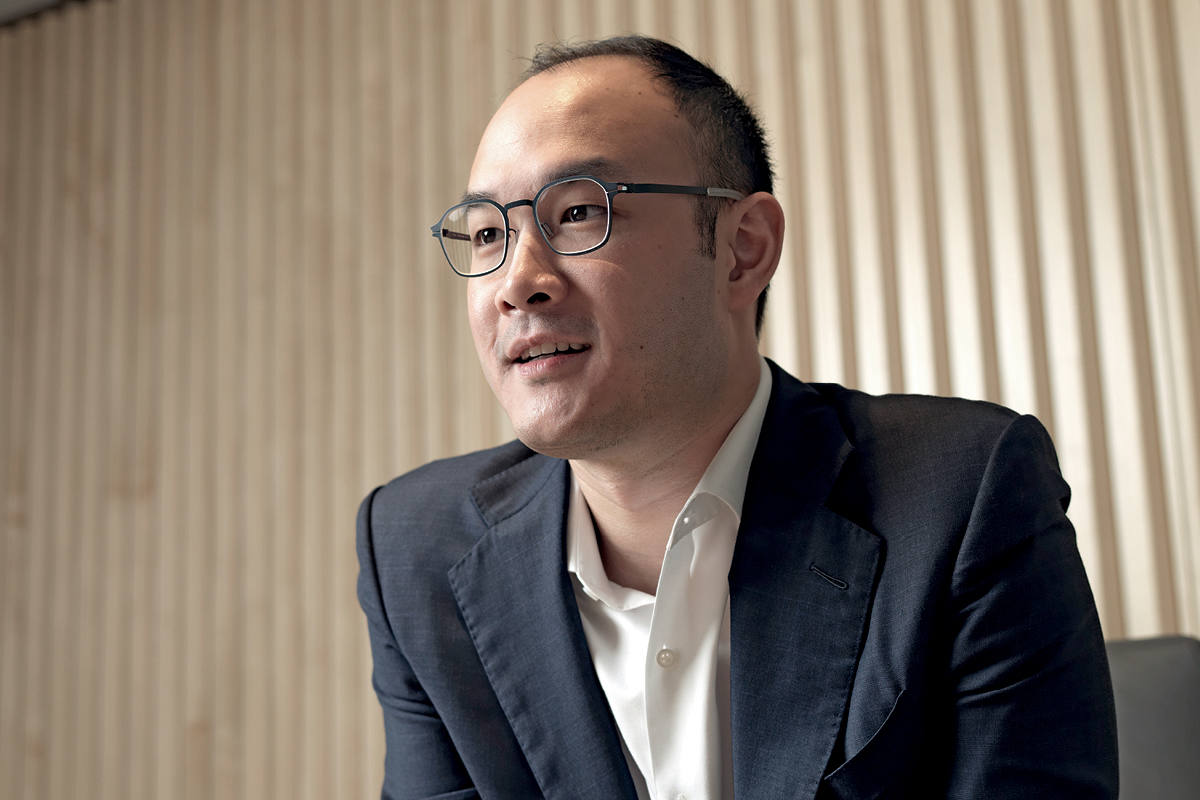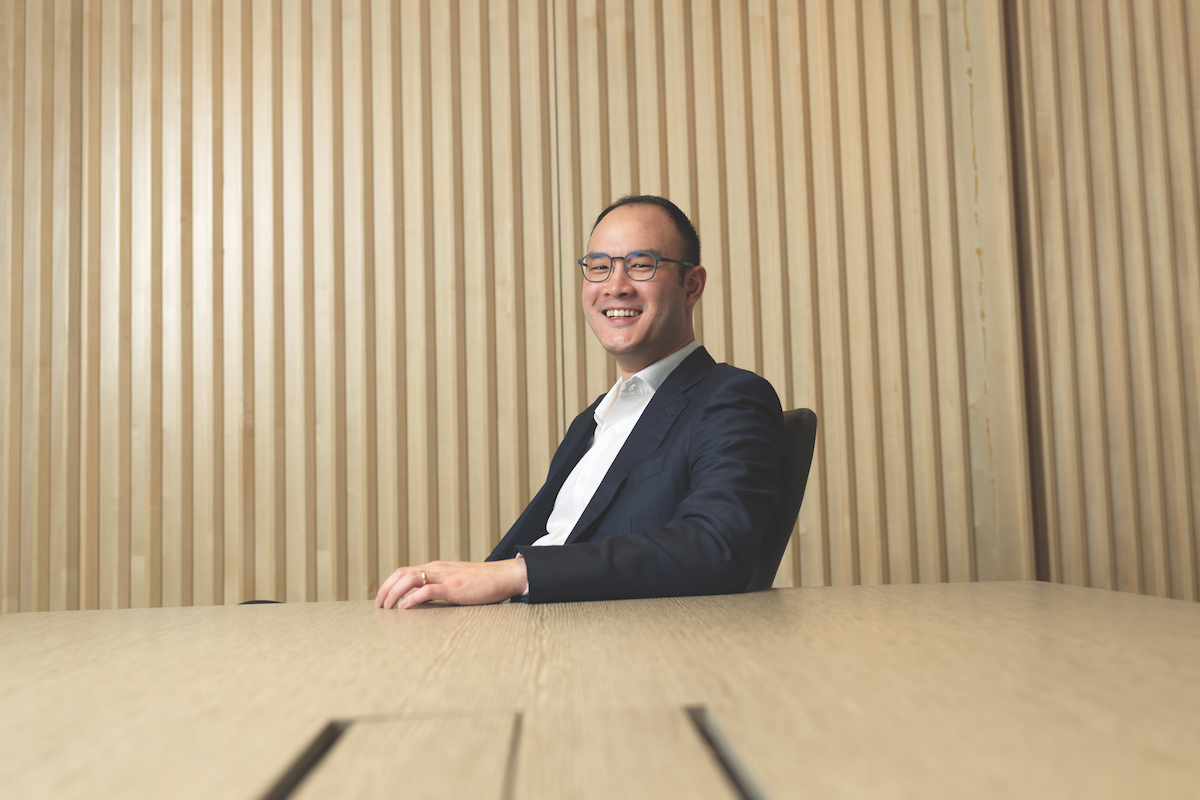In Executive Director Abram Suhardiman’s previous roles in the financial industry, he felt something was missing. He wanted to do something more tangible and meaningful. “It’s important to me to be in a role where my decisions matter and have a substantial impact on the company and stakeholders; to be in a position where I can change and positively impact people’s lives,” Abram says. “Healthway ticked all the boxes.”

Healthway Medical started as a primary care provider in a GP clinic in 1990. Since then, the company has transformed and added additional healthcare services. These include dental, paediatric and adult specialists and, more recently, health-screening and wellness services. “The company has been continually growing by expanding into various medical specialties, and we will continue to do so,” says Abram.
When Abram first joined the company, it was going through a significant transition, so he tried to integrate himself into the different divisions and oversee all decision-making processes. Since then, he’s been taking steps back to ensure he includes and empowers his colleagues in the decision-making and implementation process.
“Often the combination of having an engaging and open culture will help inspire ownership in more people,” he explains. “When someone owns a business, they generally give 110%. That’s what we’re aiming for from everyone in Healthway.”
Abram has encouraged open-mindedness within his team from the start. Health care was a new industry for him, and due to its transitional state at the time, he found it helpful to surround himself and his team with positive people and celebrate the small victories. “It’s what kept us motivated,” he says. “Even outside of work, every morning, we should think of a couple of things to be thankful for. An attitude of gratitude goes a long way.”
“An attitude of gratitude goes a long way.”
Abram believes that to maintain high-quality customer care, the team must cover both medical and non-medical aspects. “The non-medical aspects are managed through technology via our proprietary clinical management system,” he explains. “We have been able to capture operational data, such as waiting times, duration of consultation and patient health records, which has improved service delivery.”

Healthway has refreshed and renovated almost all of its clinics. “This has improved patients’ comfort on site,” Abram explains. “Some patients have commented that they already feel better just by going into the clinic, even before seeing or consulting the doctor, which says a lot about our design.”
Patient care is the company’s priority. “We’re very fortunate to have doctors and nurses who not only care but also empathise,” Abram beams. “I believe the secret to better patient care is simply to care more. To instil these values, we have a care delivery team comprising of physicians and nurses who develop modules and strategies to equip our doctors and clinical staff better. The aim is to translate this into better clinical outcomes and improve patient care.
“We’re very fortunate to have doctors and nurses who not only care but also empathise.”
“Technology marches relentlessly forward and it would be foolish to argue otherwise, but some things remain fundamental, and for health care, I believe human touch will continue to be one of them,” he adds.
“Despite what I said earlier on, we still believe in the value of integrating offline and online health care as value-added services for our patients. I see online complementing our offline offering but not replacing it. We are already developing a platform that will enable our patients to have virtual consults with our doctors. Having a familiar doctor behind the screen that has access to previous health records will increase both the doctor’s and patient’s confidence for the medical treatment.
“The majority of healthcare providers are either offline or online; we aim to be both. We have 100 clinics that can also act as collection points or warehouses for delivery if needed, 130 doctors and a robust clinic management system that captures health data and operational efficiency, all interconnected within the Healthway network of clinics ecosystem and a huge patient database (we serve around 1.4 million patient visits every year).
“With the current infrastructure that we have and are currently working on, I’m confident we can become a successful offline and online healthcare provider.”


